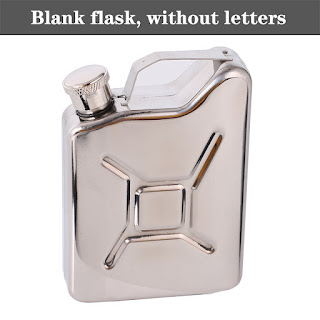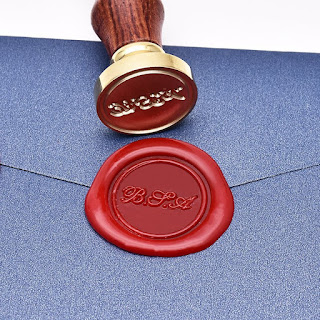Have you ever heard of calling
cards? If you're under 30, chances are that you haven't. In the
age of smartphones and instant communication, the idea of leaving a physical
card with someone to make a connection seems quaint. But calling cards have a
rich history and are still used today by those who appreciate their elegance
and tradition.
A calling card is a small piece of cardboard or paper,
usually about the size of a business card that bears the name and other
relevant information of the person who leaves it.
In the past, calling cards were a crucial part of etiquette and were used to
make formal introductions, especially in high society.
The origins of calling cards can be traced back to
medieval Europe, where they were used by nobility to announce their presence at
a castle or estate. During this time, calling cards were a symbol of social
status and were often intricately designed, with intricate lettering, crests,
and even watercolor paintings.
Today, they are still used by those who appreciate their
tradition and elegance. They have seen a resurgence in popularity in recent
years, with many people opting to buy calling cards online for
special occasions such as weddings or business events.
While the use of calling cards may have diminished,
their purpose remains the same: to make a connection and leave a lasting
impression. They offer a level of formality and sophistication that is often
lacking in digital communication, and they provide a tangible memento of a
meeting or occasion. In a world where so much communication is ephemeral and
easily forgotten, a calling card is a physical reminder of a connection that
has been made.
In conclusion, calling cards from calling cards wholesale may be a piece of history, but they are far from outdated. Whether you're looking to make a connection at a networking event, announce your arrival at a special occasion, or simply leave a lasting impression, a well-designed calling card is a timeless and elegant way to do so. So why not consider getting your calling card and embracing a bit of tradition and sophistication in an otherwise digital world?
Follow us on Twitter




